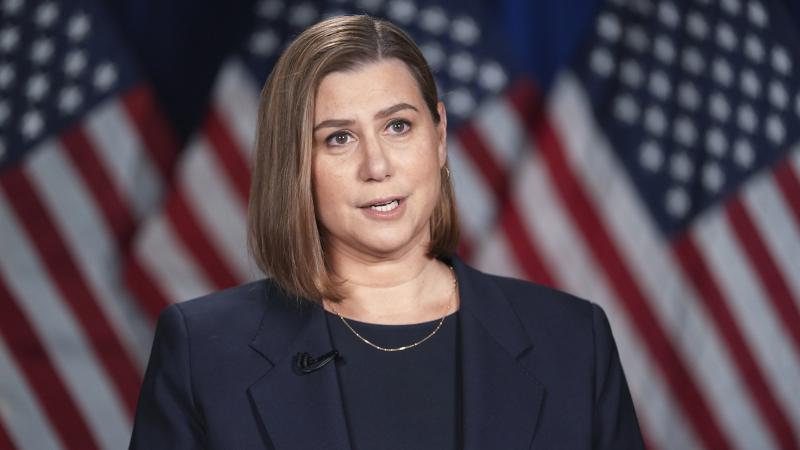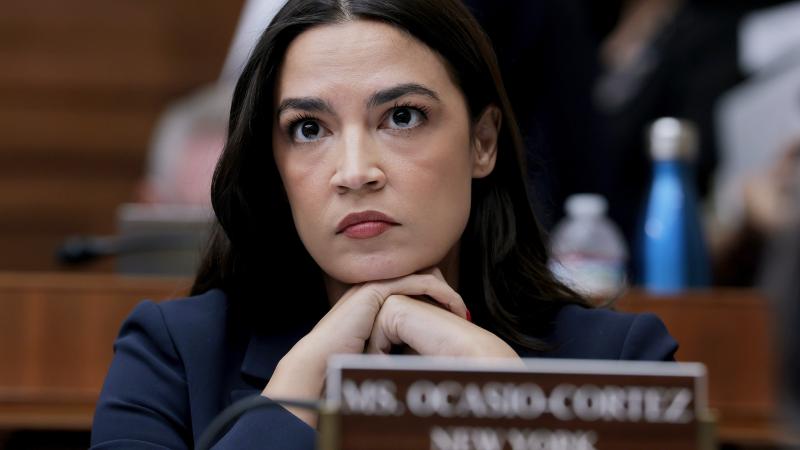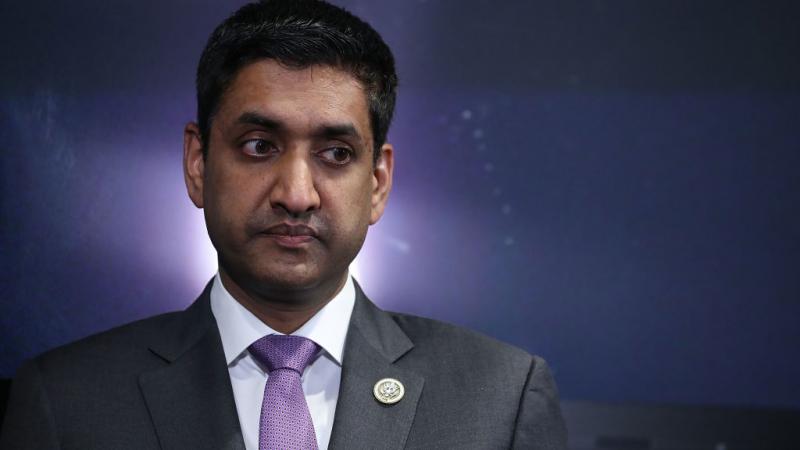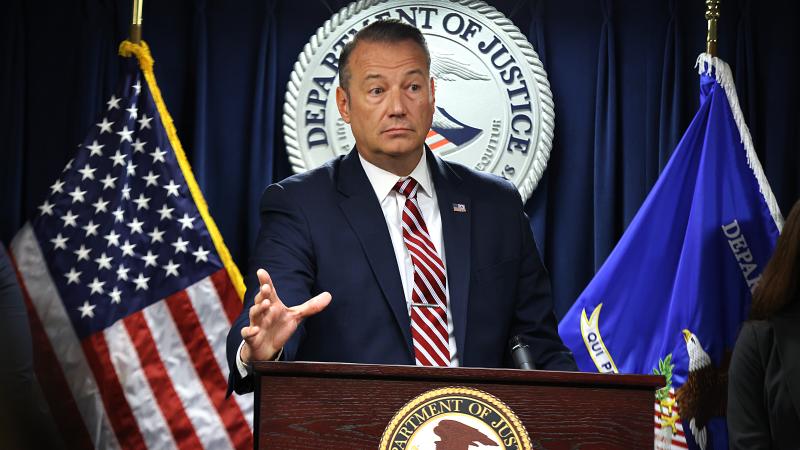Jan. 6th commission bill reignites debate over maintaining legislative filibuster in Senate
West Virginia Democratic Sen. Joe Manchin, who does not support ending the filibuster, slammed McConnell for opposing the commission.
The Democratic-led Senate's consideration of the Jan. 6th commission bill has reignited the debate over the future of the legislative filibuster.
Last week, Senate Minority Leader Mitch McConnell came out in opposition to the commission bill. He reportedly asked GOP senators on Thursday to oppose the commission bill using the filibuster as a "personal favor."
West Virginia Democratic Sen. Joe Manchin slammed McConnell for opposing the commission.
"There is no excuse for any Republican to vote against this commission since Democrats have agreed to everything they asked for," he wrote on Twitter. "Mitch McConnell has made this his political position, thinking it will help his 2022 elections. They do not believe the truth will set you free, so they continue to live in fear."
Both Manchin and Arizona Democratic Sen. Kyrsten Sinema previously came out in opposition to ending the filibuster.
"I don't bend to pressure from either party, and I just stay focused on what I think is right, and delivering for Arizonans," Sinema said earlier this month.
Arizona Democratic Sen. Mark Kelly hasn't taken a public stance on the filibuster. The Arizona Democratic Party has formally called on Sinema and Kelly to support the elimination of the legislative filibuster.
The National Republican Senatorial Committee slammed Kelly for not taking a position on the legislative filibuster.
"D.C. Darling Mark Kelly has been 'studying' his own stance on the filibuster for nearly a year, yet he still cannot give a straight answer," said NRSC Spokeswoman Katharine Cooksey in April. "He's just delaying the inevitable. Mark Kelly can’t stand up to Washington Democrats who bankrolled his campaign — we all know he will support abolishing the filibuster. Once again, Mark Kelly proves how easy it is for him to ignore Arizona voters and fold to the Far Left special interest groups and Democrat leadership in Washington."
Without the filibuster in the place, Senate Democrats would be able to pass bills with 50 Democratic votes plus Vice President Kamala Harris as the tie-breaking vote. Currently, 60 votes are needed to overcome a legislative filibuster before legislation can move forward in the Senate. In the past, both parties have used the filibuster to block legislation proposed by the majority party in the chamber.
Manchin was asked on Thursday if he would supports ending the filibuster, given that McConnell is calling on GOP senators to vote against the commission to investigate the Jan. 6 Capitol riot.
"I'm not ready to destroy our government," Manchin said. "I'm not ready to destroy our government, no. It's time to come together. I think there's ten good people."
Senate Democrats were able to avoid the legislative filibuster in March by passing President Biden's $1.9 trillion American Rescue Plan with budget reconciliation, a procedure applicable to legislation impacting the federal budget that requires only a simple majority for passage.
The House-passed Jan. 6 commission bill needed 60 senators in support of advancing the bill in the 50-50 Senate. GOP senators ultimately blocked the commission bill from advancing in a 54 to 35 vote on Friday.















